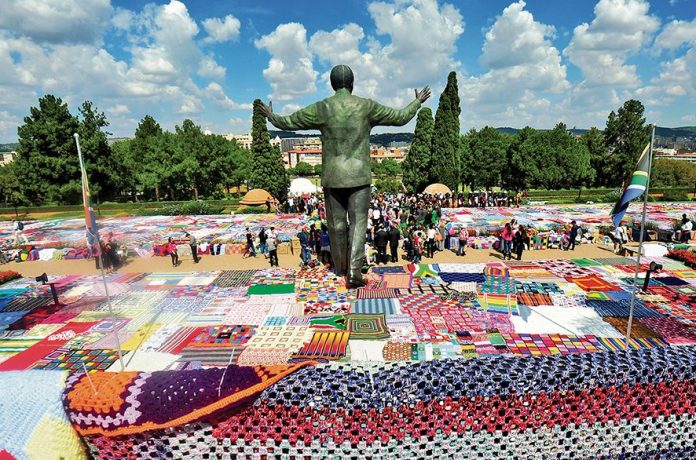Today the world commemorates World Day for Cultural Diversity for Dialogue and Development, an event that reminds all humanity that no one culture or race should be elevated above the other.
Our presence in the world ought to be complementary, respectful of diversity, and cognisant of the reality of coexistence – that we live in a world made up of diverse cultures, languages and religions, and that in such a world there is no room for othering, or treating others as though they are not part of a group or entity.
Our lived reality as South Africans has, however, been distorted by our sordid apartheid past, with all its moral depravity that contributed to antisocial psychopathy – an aberrant approach that seeks to dehumanise others purely based on race and colour.
Black people all over the world, and not only in South Africa, have been victims of this race-based doctrine, characterising them as less than human.
In our country, discriminatory laws were legislated to belittle black people. The black person was reminded at every turn “to know his or her place under the sun”. Whites, in the main, sought to preserve their privileged position.
At every national general election, they voted into power the National Party – a party that ensured they would enjoy a better life at the expense of black suffering and injustice.
Most cynically, black people were denied good education – a discriminatory policy that suggested black people were not expected to contribute to the development of their country as that was solely the province of white expertise.
At the onset of democracy on April 27 1994, when the late president Nelson Mandela ascended political power, replacing the discriminatory regime of the National Party, Madiba talked extensively about the need for the creation of a non-racial society – an egalitarian society that will embrace diversity in all its facets. He noted, as part of his talk to the nation at his inauguration 29 years ago, about the real need to make South Africa home to all South Africans without regard to cosmetic characteristics such as skin colour.
Wisely, he said: “Real leaders must be ready to sacrifice all for the freedom of their people.” His words were instructive. The project of integrating diverse communities is onerous, not an easy task. The apartheid doctrine of discrimination was like a poisoned chalice.
To change the status quo required “real leaders” committed to the project of embracing diversity, including cultures and languages of others, particularly of black people, which had been relegated to the scrapheap of history.
All humanity is better of when society embraces cultural diversity. The ancient writers reminded modernity that we ought to be our brothers or sisters’ keepers. An injury to one is an injury to all. A 17-century author, John Dane writes: “No one is self-sufficient; everyone relies on others.”
These words are appropriate and instructive for this day, and we trust can be embraced by all South Africans as we strive to build a diverse society, tolerant of one another.



